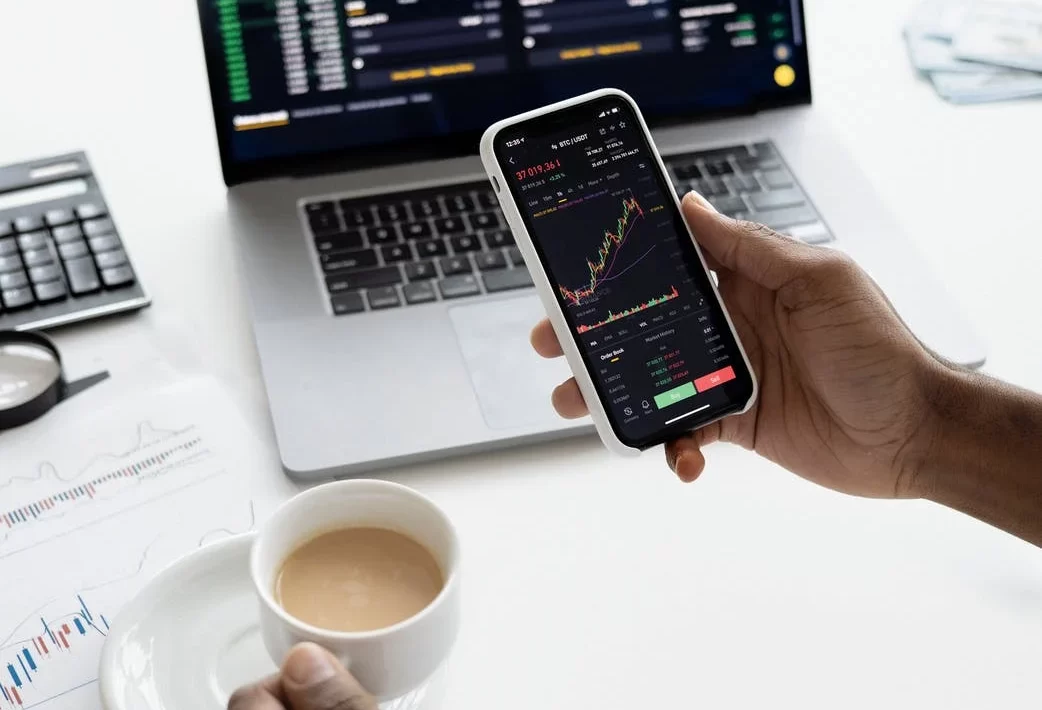Forex trading is buying and selling foreign currencies to make a profit. The foreign exchange (forex) market is the largest and most liquid financial market globally, with trillions of dollars traded every day. In contrast, stock trading is buying and selling shares of publicly-traded companies on stock exchanges, such as the ASX. When you trade stocks, you own a piece of a company, and your goal is typically to sell the shares for more than what you paid.
You can trade forex 24 hours a day, five days a week
The forex market never sleeps – it’s open 24 hours a day, from Sunday evening to Friday night. This means you can trade whenever you want without waiting for the stock market to open.
You can trade with leverage
You can trade with leverage in the forex market, which means you can control a large amount of money with a small amount of capital. Leverage allows you to make more significant profits (and losses) than you would if you were trading without it. But remember, leverage is a double-edged sword – it will magnify both your profits and your losses.
The forex market is more liquid
Compared to the stock market, forex has significantly more liquidity, so buyers and sellers are more willing to trade. Obscure stocks can sometimes be difficult to buy or sell in large quantities, and may face more restrictions on their ownership.
You can trade on a demo account before trading with real money
In the forex market, you can open a demo account and practisetrading with virtual money before you start trading with real money. It is a great way to learn about the forex market and test your trading strategies without risking capital.
There are no commissions or fees
You don’t have to pay commissions or brokerage fees to trade in the forex market. It is different from the stock market, where you have to pay a commission to your broker every time you buy or sell shares, depending on the broker.
You can trade anonymously
In the forex market, you can trade anonymously, meaning your trading activity is not reported to the government or any other authority. It is different from the stock market, where your trades are reported to the authorities.
You can trade multiple currencies
You can trade multiple currencies in the forex market, diversify your portfolio and hedge against currency risk.
There’s no need for an intermediary
You can trade directly with other market participants in the forex market, meaning you don’t need an intermediary, such as a broker, to trade.
You can use trading robots
In the forex market, you can use trading robots, also known as expert advisors, to automate your trading, meaning you can free up your time and energy to focus on other things.
What are the risks of forex trading?
Some of the risks of forex trading include:
You can lose all of your capital
You can lose all of your capital in the forex market if you don’t manage your risks because leverage magnifies both your profits and losses. In contrast, you only stand to lose the amount of money you invested in the shares with stock trading.
You can be left behind
You can be left behind in the forex market if you don’t keep up with the latest news and developments. The forex market is constantly changing, so you need to be prepared for changes to make profits. In contrast, you can take a more passive approach to stock trading as long-term investments tend to be more stable – assuming you are using a longer timeframe.
You may not have enough time
You may not have enough time to make trades in the forex market if you have a full-time job or other commitments. The forex market is accessible 24/7, so you need to be able to dedicate time to monitor your trades. In contrast, you can make trades during office hours or after work with stock trading. Want to see more? Check it out here.




